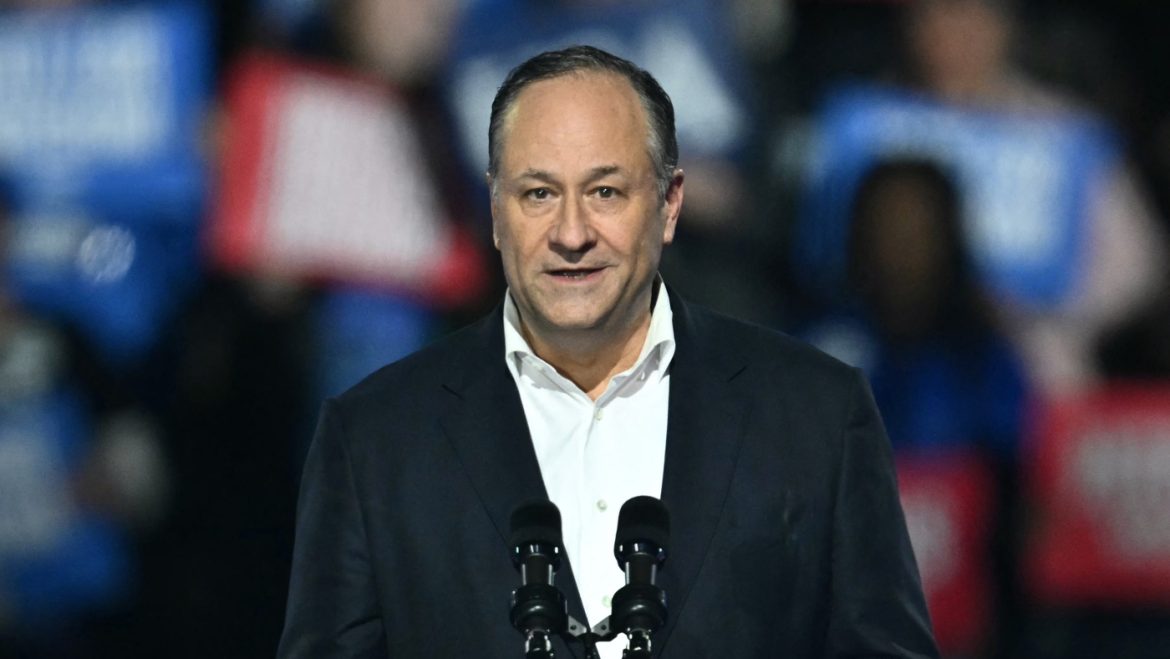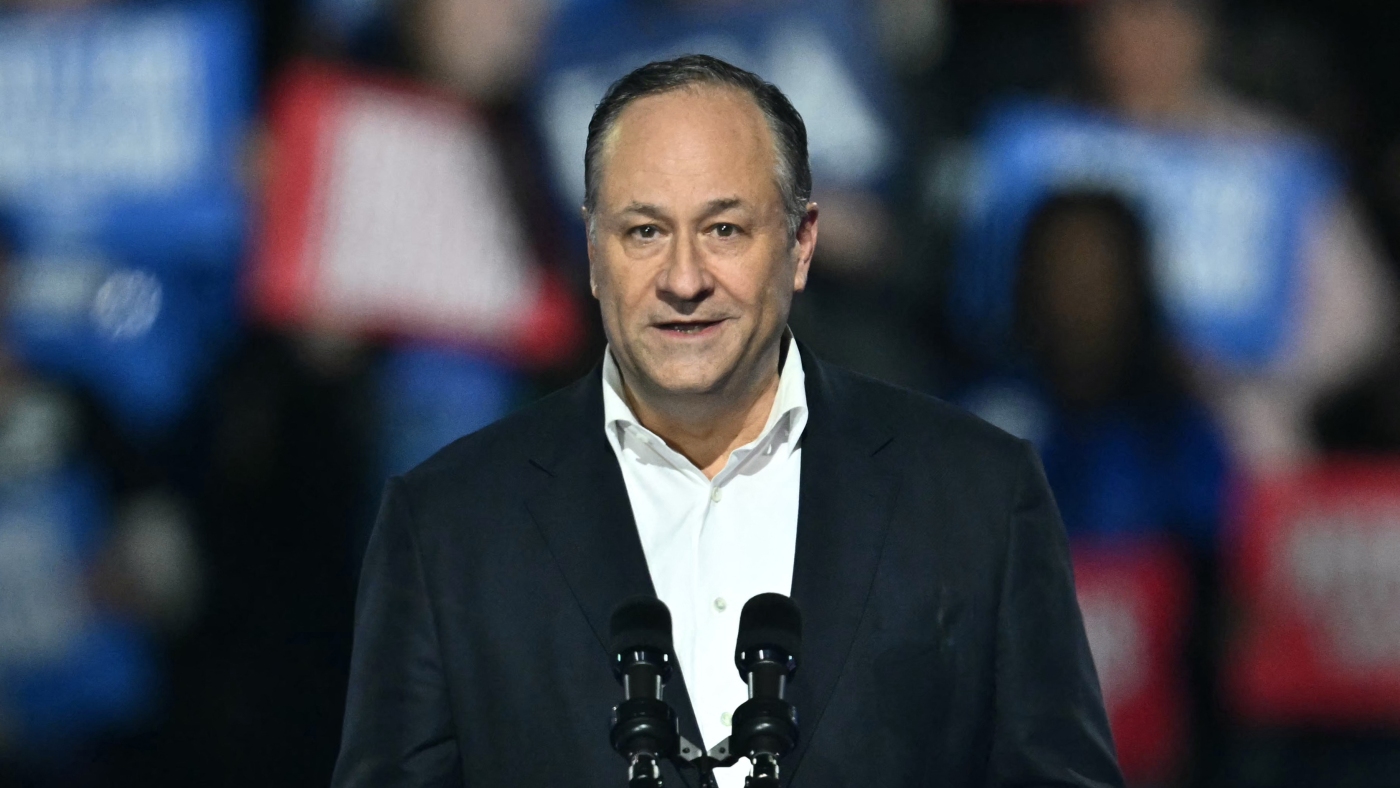The Politicization of the Holocaust Memorial Museum
The Removal of Biden Appointees
The recent removal of Biden appointees, including Doug Emhoff, from the U.S. Holocaust Memorial Museum’s board of trustees has sparked significant controversy and debate. This action, taken by the Trump administration, has been seen by many as an attempt to politicize an institution dedicated to remembering one of the darkest chapters in human history. The dismissals are part of a broader trend of political appointees being replaced as administrations change, but the specific targeting of the Holocaust museum has raised particular concerns.
The Role of the Holocaust Memorial Museum
The U.S. Holocaust Memorial Museum is a vital institution that serves as a living memorial to the Holocaust. It is dedicated to the remembrance of the six million Jews and other victims of Nazi persecution. The museum’s mission is to advance and disseminate knowledge about the Holocaust, to preserve the memory of those who suffered, and to encourage visitors to confront hatred, prevent genocide, and promote human dignity. The board of trustees plays a crucial role in overseeing the museum’s operations and ensuring that it remains a beacon of remembrance and education.
The Political Implications
The decision to remove Biden appointees from the museum’s board has been criticized as an effort to politicize the Holocaust. Critics argue that the museum should remain above partisan politics and that its mission is too important to be influenced by political agendas. The White House, however, has stated that Trump will appoint new board members who will continue to uphold the museum’s mission. This move has been seen by some as an attempt to align the museum more closely with the current administration’s views, which could potentially alter the museum’s focus and priorities.
The Broader Context of Appointee Replacements
The removal of Biden appointees from the Holocaust museum board is part of a larger pattern of political appointees being replaced as administrations change. Both the Trump and Biden administrations have engaged in this practice, although the scale and scope have varied. Biden, for instance, dismissed some Trump carryover appointees after entering the White House in 2021, but at a far smaller scale. This practice is not new and has been a feature of American politics for decades. However, the specific targeting of the Holocaust museum has raised unique concerns due to the sensitive and solemn nature of its mission.
The Impact on the Museum’s Mission
The removal of Biden appointees from the Holocaust museum board raises questions about the potential impact on the museum’s mission. The board of trustees plays a crucial role in overseeing the museum’s operations and ensuring that it remains true to its mission of remembrance and education. The appointment of new board members who may have different political views could potentially alter the museum’s focus and priorities. This could have significant implications for the museum’s ability to fulfill its mission and maintain its integrity as a non-partisan institution.
The Public Reaction
The public reaction to the removal of Biden appointees from the Holocaust museum board has been mixed. Some have criticized the move as an attempt to politicize the Holocaust, while others have defended it as a necessary part of the political transition process. The White House has stated that Trump will appoint new board members who will continue to uphold the museum’s mission, but critics remain skeptical. The controversy has highlighted the importance of maintaining the museum’s non-partisan status and ensuring that it remains a beacon of remembrance and education for future generations.
The Future of the Holocaust Memorial Museum
The removal of Biden appointees from the Holocaust museum board raises important questions about the future of the institution. The museum’s mission is too important to be influenced by political agendas, and it is crucial that it remains a non-partisan institution dedicated to remembrance and education. The appointment of new board members who are committed to this mission will be essential in ensuring that the museum continues to fulfill its role as a living memorial to the Holocaust. The controversy surrounding the recent dismissals serves as a reminder of the importance of maintaining the museum’s integrity and ensuring that it remains above partisan politics.
A Call for Non-Partisanship
In conclusion, the removal of Biden appointees from the Holocaust museum board has sparked significant controversy and debate. While the practice of replacing political appointees is not new, the specific targeting of the Holocaust museum has raised unique concerns. The museum’s mission is too important to be influenced by political agendas, and it is crucial that it remains a non-partisan institution dedicated to remembrance and education. The appointment of new board members who are committed to this mission will be essential in ensuring that the museum continues to fulfill its role as a living memorial to the Holocaust. The controversy surrounding the recent dismissals serves as a reminder of the importance of maintaining the museum’s integrity and ensuring that it remains above partisan politics. The future of the Holocaust Memorial Museum depends on its ability to remain a beacon of remembrance and education for future generations, and it is the responsibility of all who care about its mission to ensure that it continues to fulfill this vital role.


